Exploring the vibrant world of soul and jazz fusion music fan communities offers a fascinating journey through the intersection of two iconic musical genres. While jazz fusion initially faced controversy due to its departure from traditional norms, it has since cultivated a passionate global following. This article delves into the origins, key figures, and evolution of jazz fusion, comparing it to soul music, and investigates the rise of soul fusion as a distinct genre. We’ll also examine the enduring popularity of soul music today and the thriving online communities where fans connect to share their passion. Whether you’re a seasoned enthusiast or new to the scene, this exploration will shed light on the rich tapestry of soul and jazz fusion music fan communities, highlighting their cultural impact and the ways they continue to inspire audiences worldwide.
Key Takeaways
– Soul Fusion Music: A vibrant blend of genres like funk, soul, reggae, afrobeat, jazz, and disco, offering a dynamic sound accessible via platforms such as Tiger Funk.
– Soul Music Legacy: Remains culturally influential, supported by artists like Beyoncé and D’Angelo, and discoverable through Tiger Funk.
– Soul Fusion Fitness: A unique workout combining yoga, cardio, and strength training, ideal for all fitness levels.
– Comprehensive Workout: Provides benefits like calorie burn, muscle engagement, and mental well-being.
– Energizing Experience: Join Soul Fusion classes for an invigorating fitness journey.
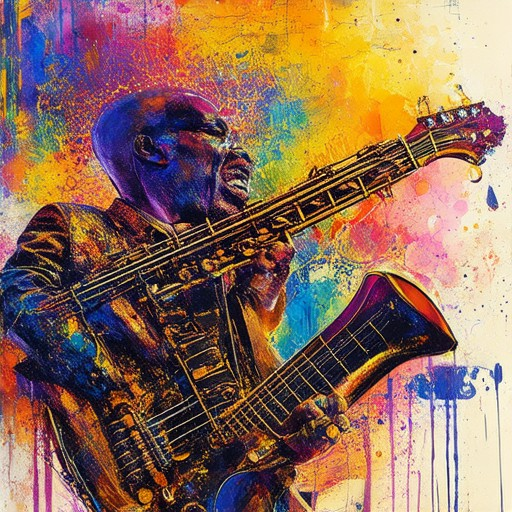
Why Was Jazz Fusion Controversial?
Jazz fusion was indeed controversial due to several factors that challenged traditional musical norms and sparked debates among musicians and audiences alike. Here’s a breakdown of the key reasons:
- Breaking Musical Boundaries :
Jazz fusion blurred the lines between genres, incorporating elements from rock, funk, Latin music, and even classical influences. This departure from conventional jazz structures was seen by some as revolutionary but by others as chaotic or disrespectful to jazz’s roots. - Instrumentation and Soundscapes :
The use of electric guitars, synthesizers, and other non-traditional instruments was a significant shift. Critics often labeled fusion as “noise” music, arguing that it lacked the structure and harmony associated with mainstream jazz. - Cultural Context :
Emerging during the late 1960s and 1970s, jazz fusion reflected the countercultural movements of the era. While this alignment with progressive societal changes resonated with many, it alienated those who viewed fusion as a departure from jazz’s supposed intellectual and artistic rigor. - Aesthetic Divide :
Fans of straight-ahead jazz criticized fusion for its experimental nature and lack of melodic simplicity. On the other hand, fusion supporters argued that it expanded the possibilities of jazz, offering fresh sounds and compositions. - Influence vs. Tradition :
While fusion inspired numerous musicians, it also faced accusations of diluting jazz’s essence. Some believed it strayed too far from its African-American roots, focusing instead on eclectic, often white-led projects. - Audience Reception :
The genre’s complexity and long-form instrumental tracks were difficult for some listeners to engage with, contributing to its polarizing reception.
In summary, jazz fusion’s controversy stemmed from its radical departure from established norms, reflecting both the innovative spirit of the times and the tensions it created within the jazz community.
Who Dominated Jazz Fusion?
Jazz fusion emerged in the late 1960s and early 1970s, blending jazz with rock, funk, and even classical elements. Several musicians stood out as pioneers and leaders in the genre, shaping its evolution and influence.
Miles Davis
Miles Davis was a central figure in the fusion movement. His 1971 album A Tribute to Jack Johnson with John McLaughlin is often highlighted as a landmark work. Davis’ exploration of electric instruments and modal improvisation laid the groundwork for fusion.
Herbie Hancock
Herbie Hancock’s 1970 album Maiden Voyage is considered a foundational recording in jazz fusion. His ability to seamlessly integrate funk and jazz elements made him a dominant figure, particularly with his band the Headhunters.
Chick Corea
Chick Corea’s contributions to fusion are extensive. With Return to Forever, he explored Latin jazz and rock influences. Later, he formed the Elektric Band, pushing boundaries with albums like Light as a Feather .
Weather Report
Steve Morse’s Weather Report combined jazz with rock and progressive elements, becoming a staple in the fusion scene. Albums like Heavy Metal Time showcase their dynamic range and innovation.
John McLaughlin
As a leader of the Mahavishnu Orchestra, John McLaughlin pushed the boundaries of acoustic and electric jazz fusion. His work with the orchestra and subsequent solo efforts have left an indelible mark on the genre.
Jaco Pastorius
Though not as prominent as others, Jaco Pastorius’ innovative bass playing and compositions significantly influenced fusion. His work with various bands added depth and complexity to the genre.
Larry Coryell
Larry Coryell’s Elektric Band brought a hard rock edge to fusion, making it more accessible to a broader audience. Their album Coryell exemplifies this blend of jazz and rock.
Wayne Shorter
Wayne Shorter, known for his work with Miles Davis and his own groups, became a fusion icon. His ability to merge jazz with rock and world music made him a dominant figure in the genre.
Joe Zawinul
Joe Zawinul’s Zawinul Brothers introduced a more electronic and ambient sound to fusion, influencing many artists that followed. Their album Zawinul remains a classic.
Stevie Wonder
Stevie Wonder contributed to fusion through collaborations like Musings and duets with Wayne Shorter. His unique approach to composition and instrumentation added a soulful dimension to the genre.
These artists and their contributions have shaped jazz fusion into a vibrant and evolving field, impacting generations of musicians and fans alike.
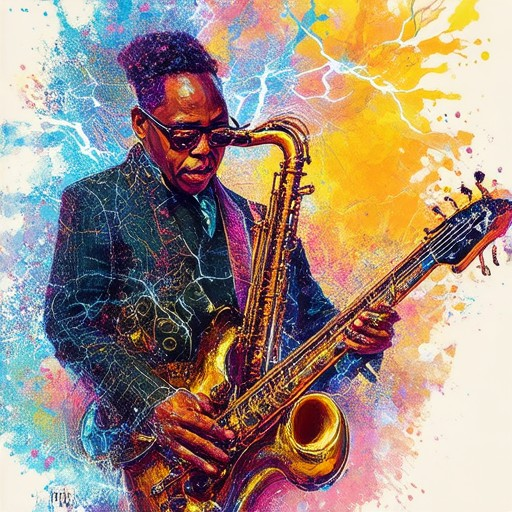
Understanding the Difference Between Jazz and Jazz Fusion
Jazz and jazz fusion are two distinct yet interconnected genres in music, both deeply rooted in the rich tapestry of African-American musical tradition. While they share common roots, they diverge significantly in their approach, instrumentation, and stylistic evolution. Below is a detailed breakdown of their differences:
1. Definition and Roots
- Jazz : Originating in the late 19th century in New Orleans, jazz is a genre characterized by improvisation, syncopation, swing, and a distinctive rhythm section. It draws from blues, ragtime, and spirituals, and has evolved through various styles such as bebop, cool jazz, free jazz, and fusion.
- Jazz Fusion : A hybrid genre that emerged in the 1970s, primarily in California, jazz fusion blends jazz with rock, funk, Latin music, and world music. It is often seen as a reaction against strict traditional jazz norms, embracing longer compositions and diverse influences.
2. Instrumentation
- Jazz : Typically features a standard lineup of acoustic instruments, including the saxophone, trumpet, trombone, bass, and drum set. While electric instruments have been incorporated over time, the core remains acoustic.
- Jazz Fusion : Often incorporates electric instruments like the guitar, synthesizer, and electric bass. Fusion bands may also include elements of rock, funk, and world music, leading to a more eclectic sound.
3. Improvisation and Composition
- Jazz : Improvisation is central to jazz, with solos often extending beyond traditional harmonic structures. However, many jazz musicians still adhere to established chord changes and scales.
- Jazz Fusion : Fusion places greater emphasis on extended improvisation, complex harmonies, and intricate arrangements. Compositions are often longer and more structured compared to traditional jazz.
4. Audience and Reception
- Jazz : Has a dedicated following among purists who prefer a return to traditional forms and values improvisation over rigid composition.
- Jazz Fusion : Appeals to a broader audience, including listeners who enjoy progressive rock, funk, and world music. Fusion is often seen as more accessible due to its incorporation of popular genres.
5. Historical Context
- Jazz : Emerged during a time of significant social change, reflecting the struggles and triumphs of African-Americans in the United States.
- Jazz Fusion : Began in the 1970s, a decade marked by social and cultural shifts, and was influenced by the desire of musicians to explore new sounds beyond conventional jazz.
6. Key Artists and Influences
- Jazz : Icons like Louis Armstrong, Duke Ellington, Charlie Parker, Miles Davis, and John Coltrane defined early jazz eras.
- Jazz Fusion : Pioneered by artists such as Herbie Hancock, Weather Report, Mahavishnu Orchestra, and Chick Corea, who pushed boundaries and combined jazz with other genres.
Summary
While both jazz and jazz fusion share a common foundation, they differ in their instrumentation, compositional structure, and stylistic focus. Jazz remains deeply tied to its African-American roots and traditional practices, while jazz fusion represents a bold step forward, embracing new sounds and influences. Both genres continue to evolve, contributing to the vibrant landscape of modern music.
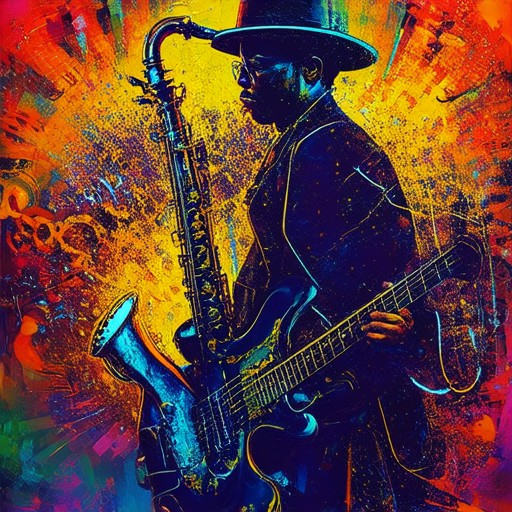
Soul Fusion Music
Soul fusion music is a captivating blend of various genres that has gained significant popularity among music enthusiasts globally. This unique style, often referred to as “soul fusion,” combines elements of funk, soul, reggae, afrobeat, jazz, and disco to create a dynamic and electrifying sound.
The Soul Fusion | Marlow FM 97.5 radio show is a prime example of this musical fusion, hosting a weekly global search for the finest tracks across these genres. Hosted by Mark Robson, the show features exclusive mixes and special editions like The Soul Fusion Soul Weekender and The Soul Fusion Disco Express, offering listeners a diverse listening experience tailored to their tastes.
For those looking to delve deeper into soul fusion music, platforms like Tiger Funk provide extensive resources. Tiger Funk is an online hub dedicated to celebrating the rich history and cultural significance of funk, soul, and jazz fusion. Their articles, artist profiles, and album reviews offer valuable insights for enthusiasts, helping them explore the evolution of these genres and their influence on modern music.
Whether you’re a fan of retro beats, love dancing to infectious rhythms, or appreciate the diversity of global sounds, soul fusion music offers something for everyone. Its ability to bridge generations and cultures makes it a must-listen for anyone with a passion for music that transcends boundaries.
Soul Music: Still Popular?
Soul music continues to hold a significant place in the musical landscape, blending emotional expression with rhythmic complexity. While its mainstream popularity may fluctuate, its cultural influence remains profound. Soul music, rooted in African American traditions, has evolved over decades, influencing genres from pop to hip-hop.
Current Popularity and Influence
Soul music remains a staple in streaming platforms and live performances. Artists like Beyoncé, D’Angelo, and Jill Scott frequently draw inspiration from soul traditions, proving its timeless appeal. Festivals and events dedicated to soul music further sustain its legacy.
Evolution and Adaptation
From its origins in the mid-20th century, soul music has transitioned into contemporary forms while retaining its core essence. Its adaptability allows it to resonate with diverse audiences, making it a recurring theme in modern music.
Key Artists Keeping Soul Music Alive
- Beyoncé : Known for reimagining soulful vibes in her music.
- D’Angelo : A modern icon celebrated for his soulful vocals and storytelling.
- Jill Scott : Continues the legacy with heartfelt lyrics and powerful performances.
Where to Discover Soul Music Today
Explore soul music through platforms like Tiger Funk , which offers in-depth articles, artist profiles, and album reviews. Their mission to celebrate funk, soul, and jazz fusion highlights the genre’s enduring impact.
Soul music’s enduring presence underscores its ability to connect generations, making it a beloved choice for music enthusiasts worldwide.
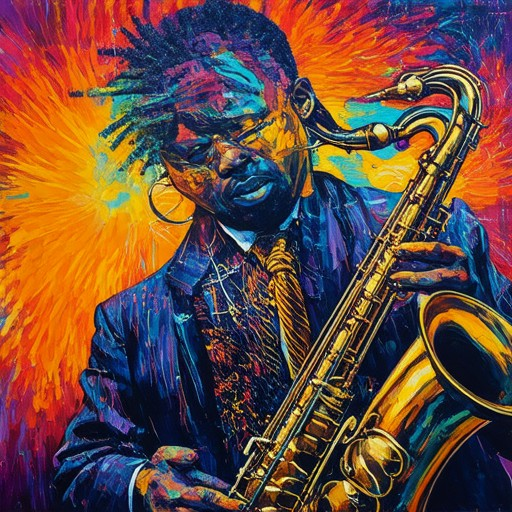
Soul Fusion Class
Soul Fusion is a dynamic and transformative fitness experience designed to energize your body and mind through a unique blend of yoga-inspired flows, short cardio bursts, balance sequences, and bodyweight & weighted strength training exercises. Set to high-energy music, this class creates an invigorating atmosphere that caters to all fitness levels.
Key Components of Soul Fusion
- Yoga-Inspired Flows: Experience a seamless integration of movement and breathwork to enhance flexibility, strength, and relaxation.
- Short Cardio Bursts: Intense intervals of cardio that get your heart rate up and metabolism firing, followed by cooling-down stretches.
- Balance Sequences: Moves that challenge your stability and coordination, helping you build better control and posture.
- Strength Training: Utilizes bodyweight and light weights to target major muscle groups, promoting lean muscle development and bone density.
Benefits of Soul Fusion
- Calorie Burn: Combines cardio and strength training for an efficient full-body workout.
- Muscle Engagement: Targets various muscle groups through diverse exercises, ensuring a well-rounded fitness routine.
- Mental Well-Being: The motivational music and dynamic movements boost mood and energy levels.
Class Structure
The typical session lasts approximately 45 minutes, featuring a warm-up, core-focused work, and a cool down. Instructors guide participants through modifications to accommodate all fitness levels, ensuring an inclusive and challenging experience.
Why Choose Soul Fusion?
Soul Fusion is perfect for anyone seeking a fun, energetic, and effective workout. Whether you’re a seasoned athlete or new to fitness, this class offers something for everyone. The emphasis on proper form and progression ensures safety and maximum results.
Conclusion
Taking a Soul Fusion class is a fantastic way to elevate your fitness journey. With its unique combination of disciplines and electrifying energy, it’s easy to see why this workout is rapidly becoming a favorite among fitness enthusiasts worldwide. Join us today and experience the magic of Soul Fusion firsthand!

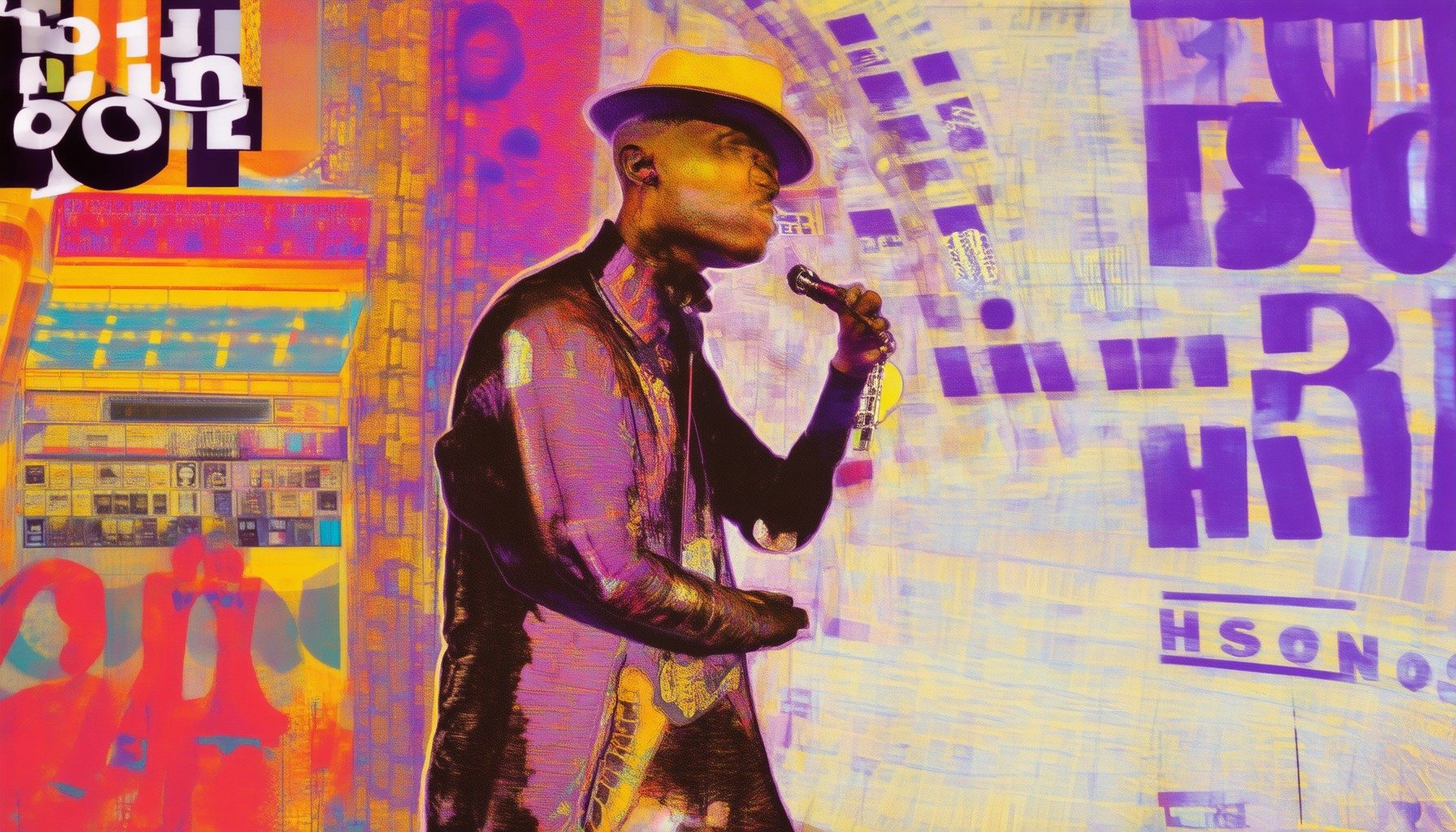



0 Comments